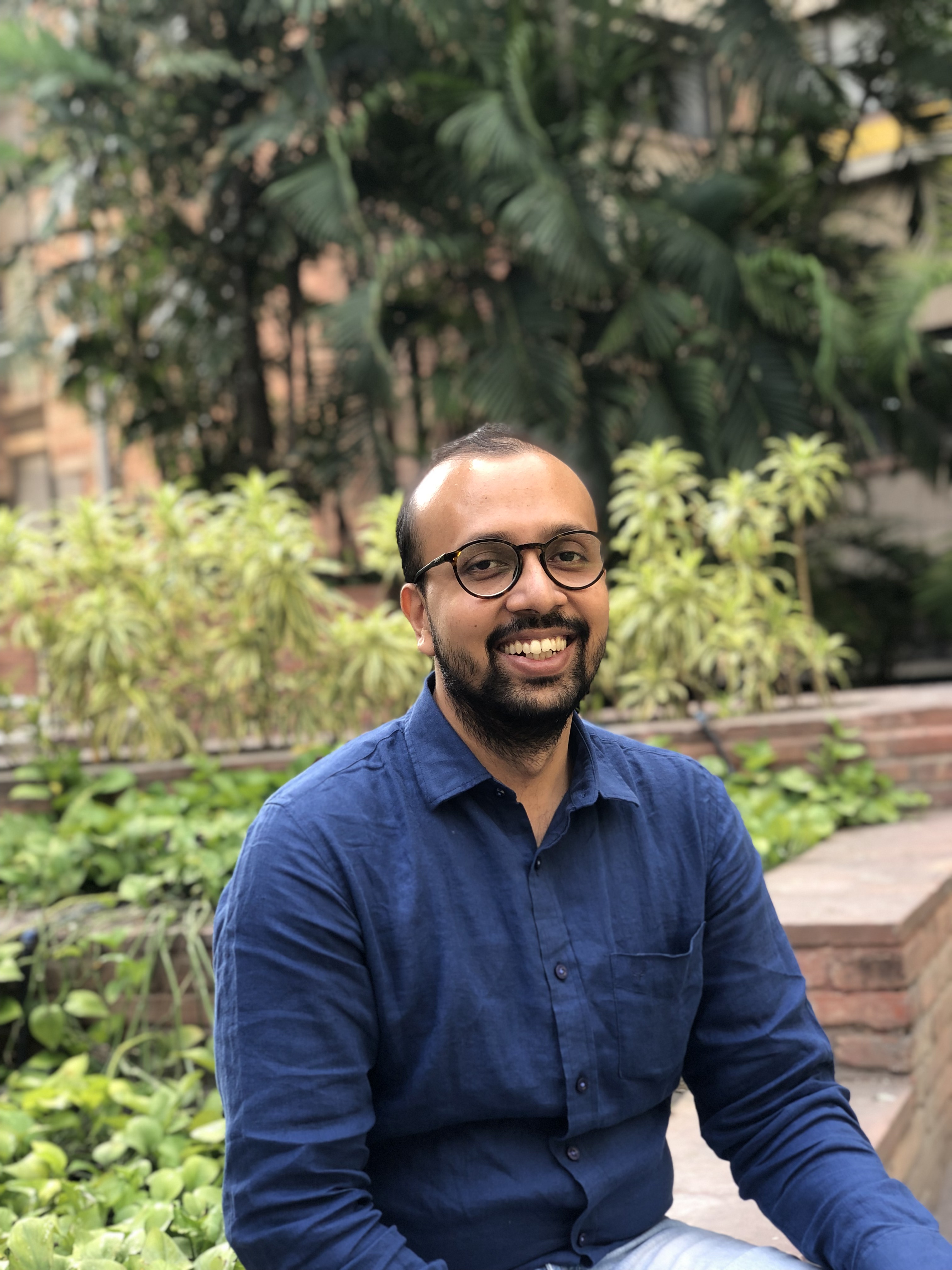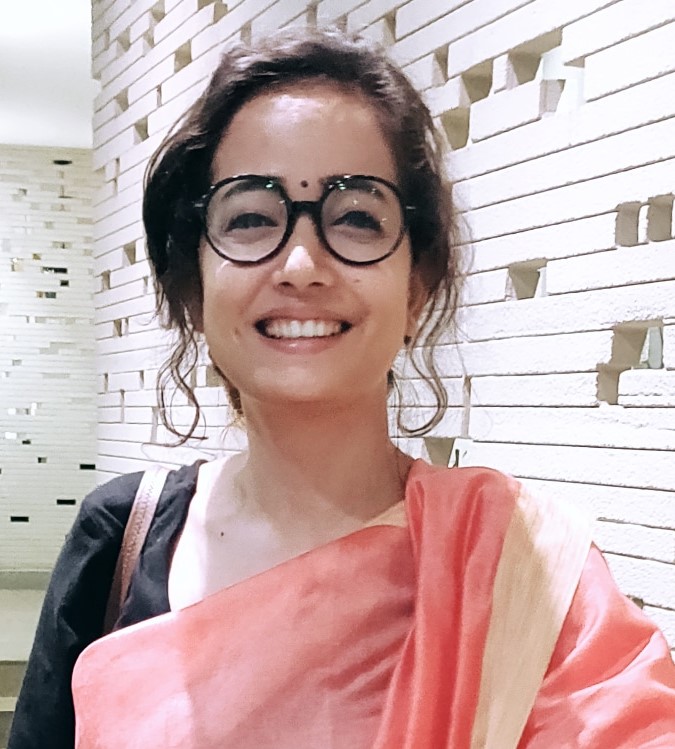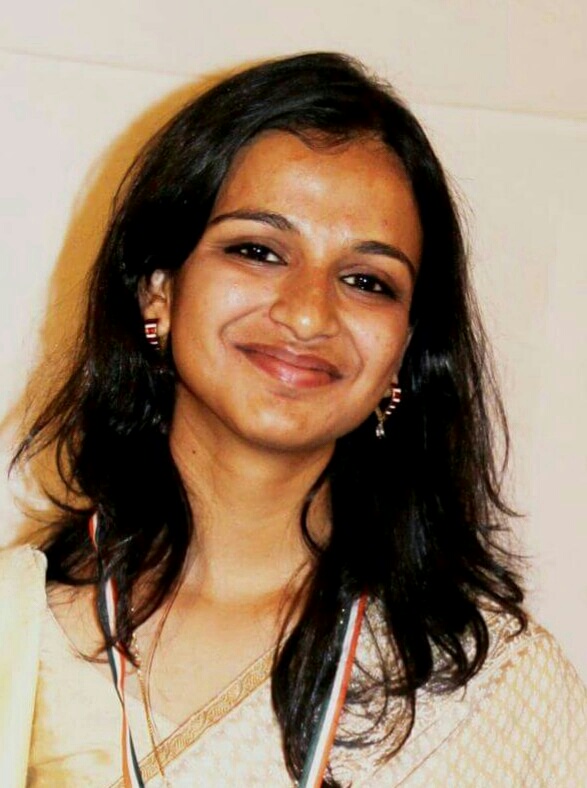Good Governance for Urban Inclusion Through Data and Empowerment of Persons with Disabilities (GUIDE)
Accurate and reliable data is required in any decision making process, including in the design, implementation and evaluation of policies related to the inclusion of persons with disabilities. In India, where cities are often at the forefront of innovation to fulfill the rights of persons with disabilities, the efforts of the Government and civil society are hampered by the lack of relevant up-to-date and accurate data on the accessibility, experience, and outcomes of services to advance the inclusion of persons with disabilities in the economic, social, and political spheres. Official statistics provide limited insights on these issues. Data on disability is often aggregated at the national level, making it difficult to discern local dynamics or nuances. Additionally, the design of systems for data collection and analysis often omit to involve representatives of persons with disabilities, creating a risk of data gaps which lead to ineffective or harmful policies. Participatory data can provide an important solution to these hazards, ensuring that representatives of persons with disabilities are fully involved in the process of determining what data should be collected, the methods by which it should be collected, and its analysis. In doing so, participatory data can ensure that the information by which policies are designed and evaluated are answering the right questions to solve the problems which they set out to address. The GUIDE initiative by NIUA and UNESCO will aim to plug this data gap on disability by adopting participatory process. The initiative will be implemented in the city of Varanasi; in partnership with the Varanasi Smart City Limited and local stakeholders. By working with local partners (municipal governments, civil society groups, disabled persons groups etc.), efforts will be made to create innovative and scalable models for the systematic generation of participatory data on issues facing persons with disabilities, to fill the aforementioned data gaps and strengthen policy design and planning. To this end, a contextualised methodology for participatory data collection, analysis, and use in disability inclusive policy design and planning will be developed. On the basis of this methodology, innovative tools for participatory data collection will be developed and employed, leveraging both technological resources (including big data and mobile apps for crowdsourced data) and in-person approaches/techniques

Utsav Choudhury Team Leader

Abhisikha Das Program Associate

Kanika Bansal Lead- Universal Design and Inclusion


